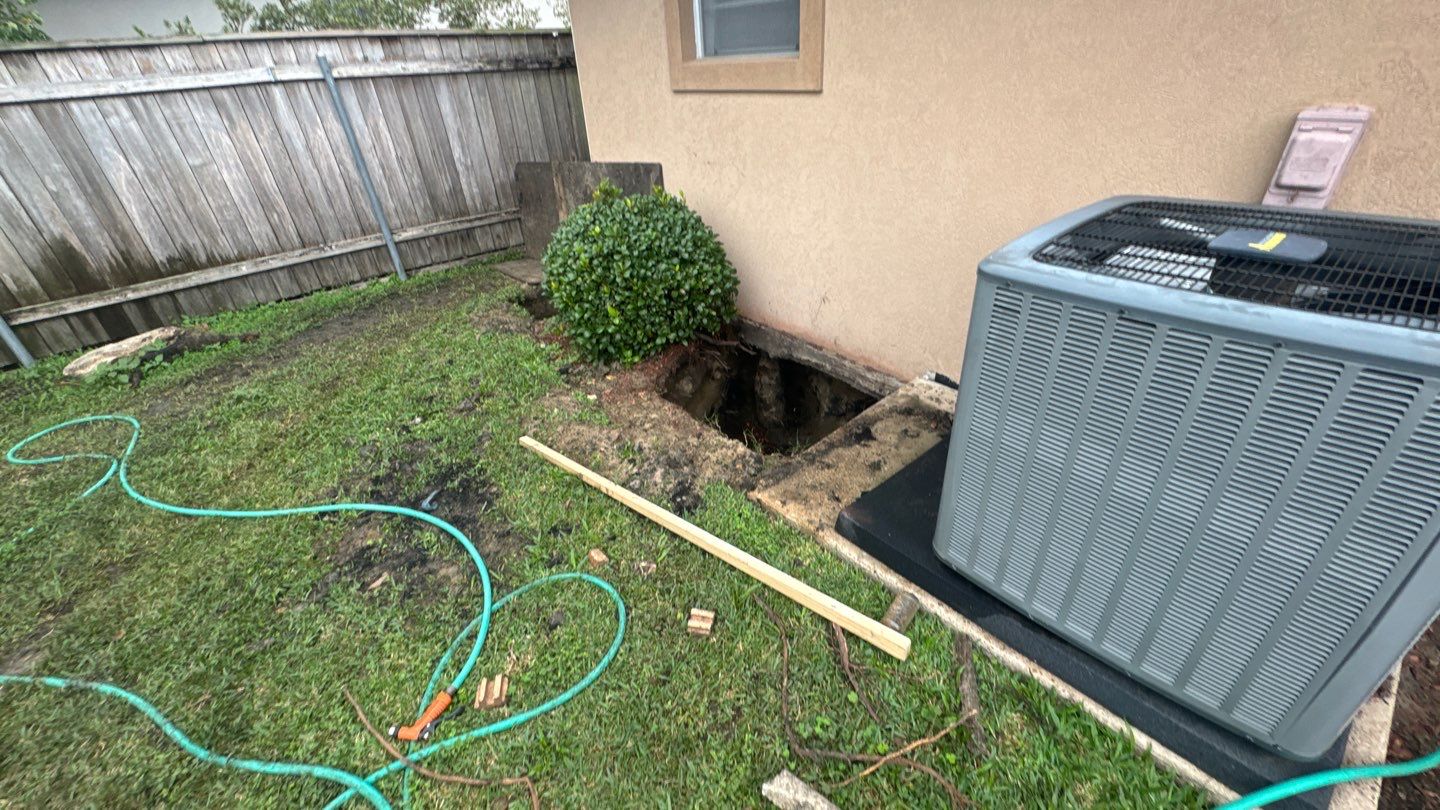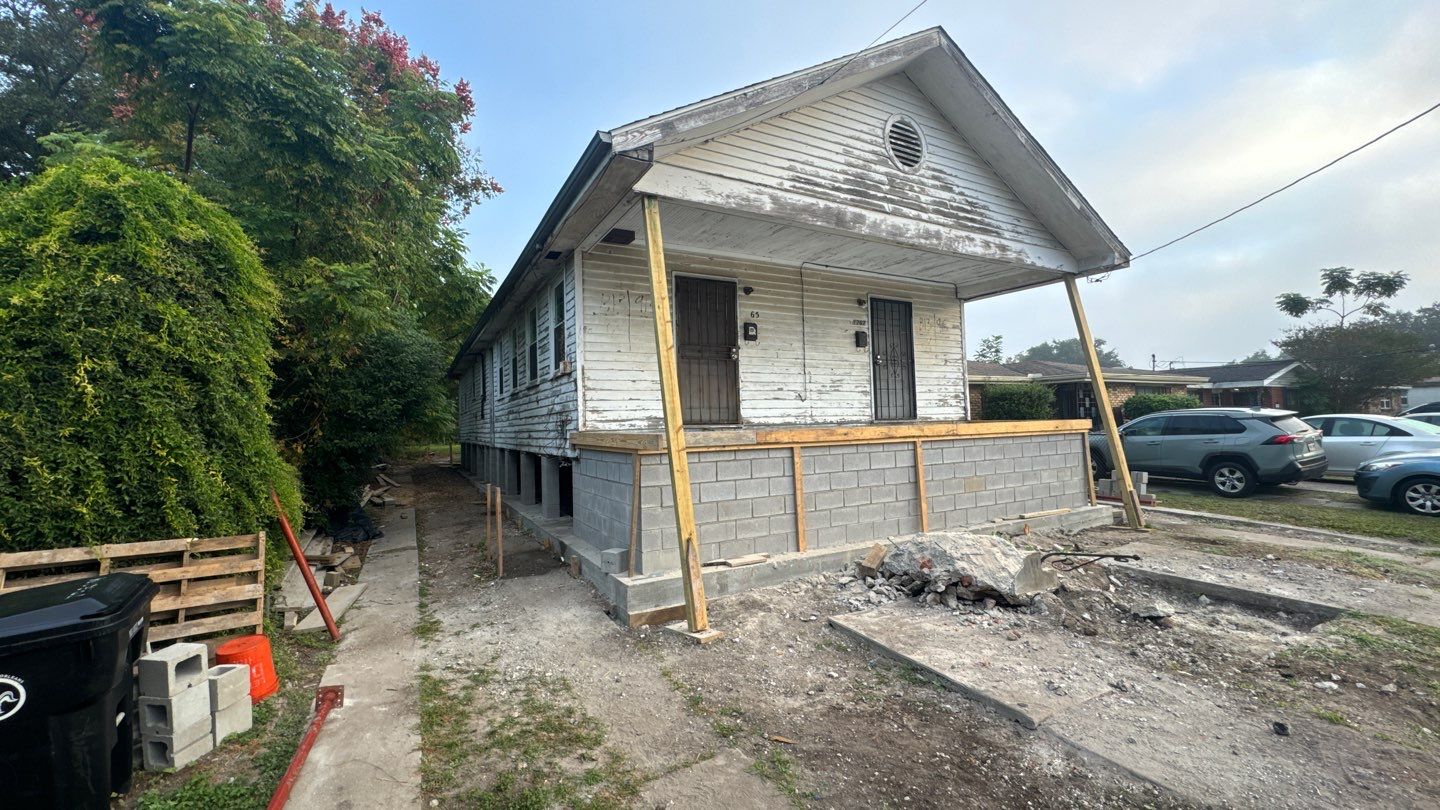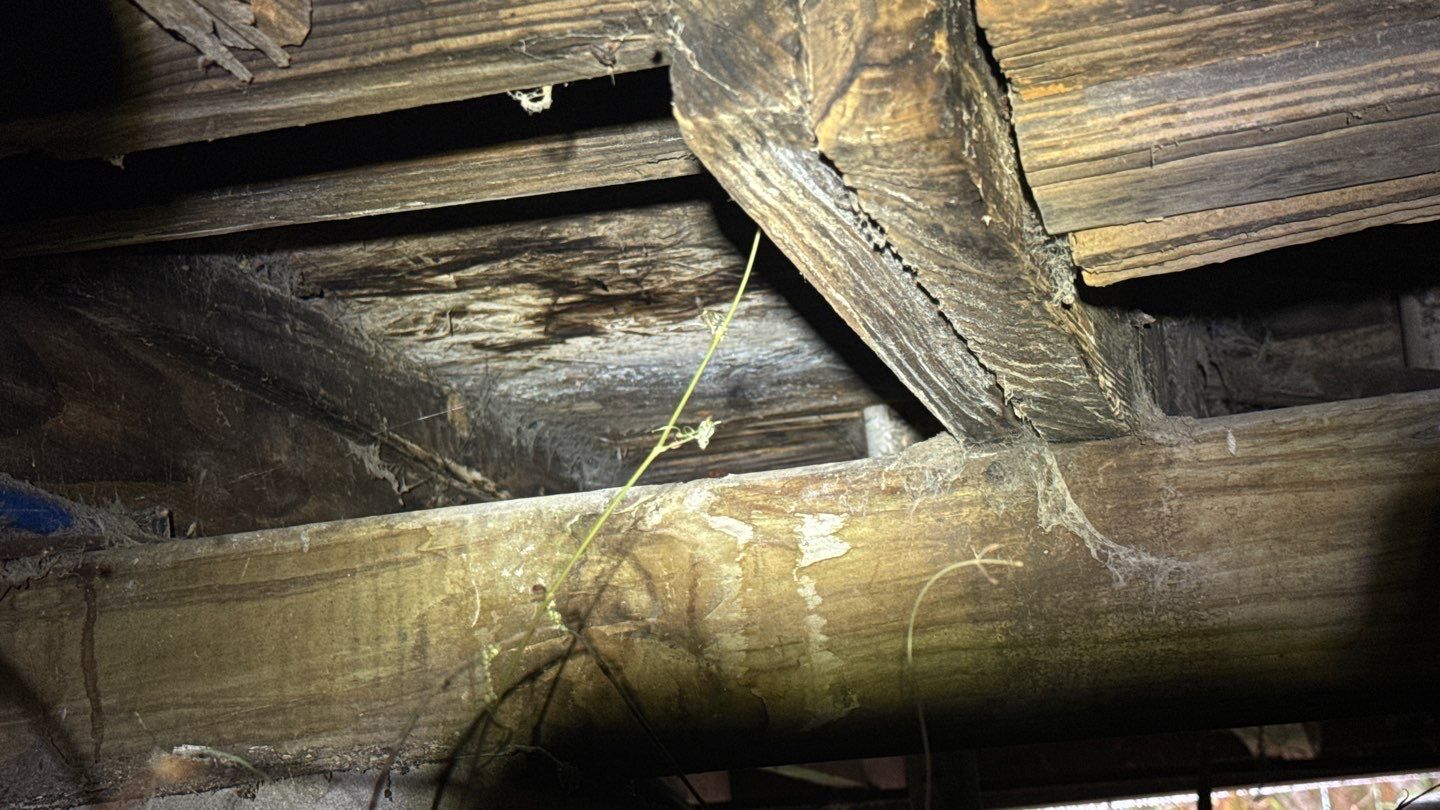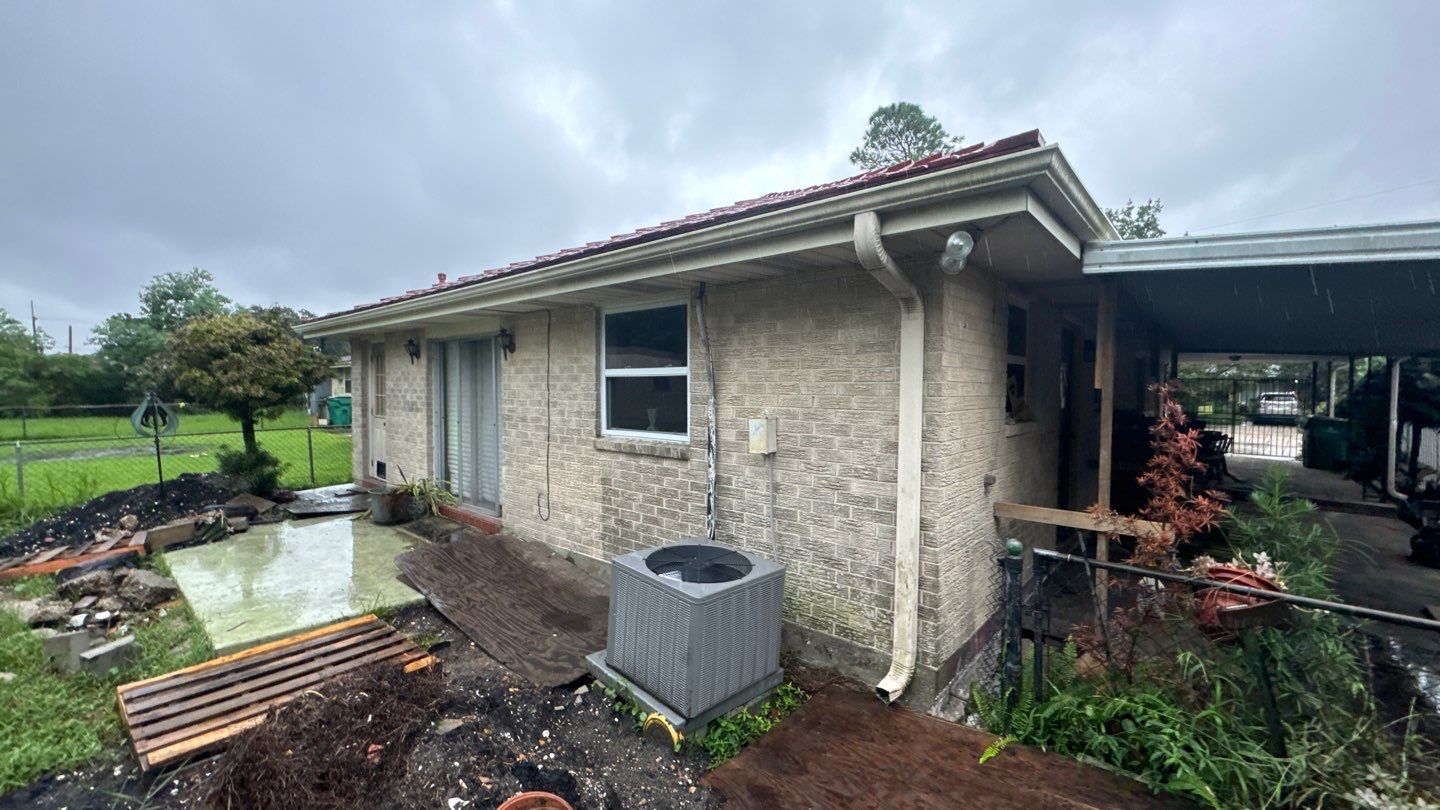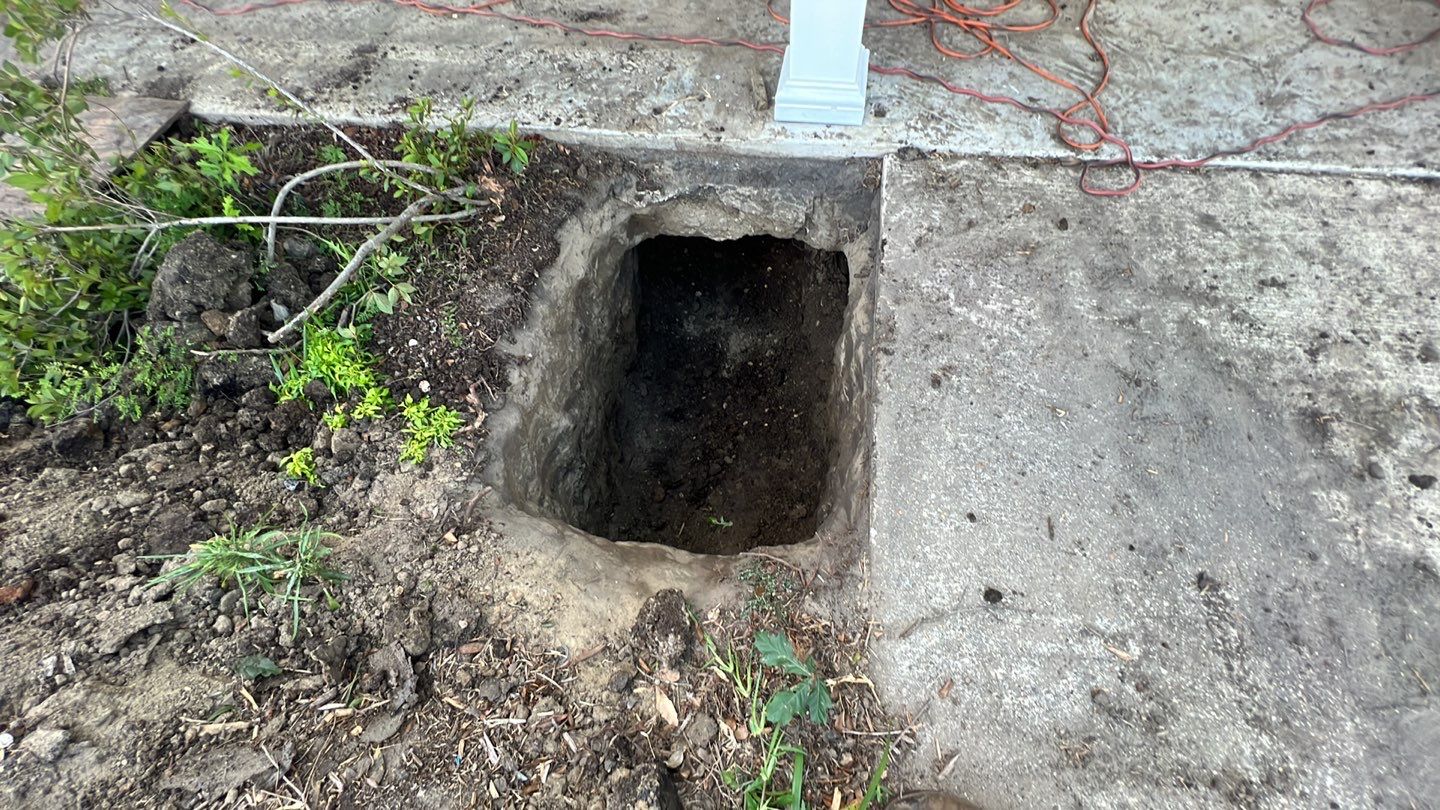
Navigating Insurance for Home Raising and Elevation in South Louisiana
Home Elevation
10-Oct, 2023
South Louisiana is a region that faces unique challenges when it comes to flooding and land loss. With the increasing frequency of storms and rising sea levels, homeowners are more concerned than ever about protecting their properties. One effective way to mitigate these risks is through home raising or elevation. However, navigating the insurance landscape […]
South Louisiana is a region that faces unique challenges when it comes to flooding and land loss. With the increasing frequency of storms and rising sea levels, homeowners are more concerned than ever about protecting their properties. One effective way to mitigate these risks is through home raising or elevation. However, navigating the insurance landscape for such a significant project can be a daunting task. This guide aims to demystify the process and offer practical advice on how to deal with insurance companies.
Understanding the Importance of Home Elevation
Before diving into the insurance aspect, it’s essential to understand why home elevation is crucial in South Louisiana. According to the U.S. Geological Survey, the region is experiencing land loss at an alarming rate, making it increasingly susceptible to flooding. Elevating your home can not only protect your property but also significantly reduce your insurance premiums.Types of Insurance Coverage
There are different types of insurance coverage that you may need for a home elevation project:- Homeowners Insurance: This generally covers damages to your home but may not include flood damage.
- Flood Insurance: Specifically covers damages due to flooding and is a must-have in flood-prone areas.
- Builder’s Risk Insurance: This covers your home during the elevation process.
Steps to Navigate Insurance for Home Elevation
1. Consult Your Current Insurance Provider
Your first step should be to consult your current insurance provider. They can provide information on what your existing policy covers and what additional coverage you may need. It’s also a good idea to ask about any discounts that may be available for elevated homes.2. Get Multiple Quotes
Don’t settle for the first quote you get. Shop around and get quotes from multiple insurance providers. Websites like Insurance.com can help you compare different policies. This will give you a better understanding of what’s available and at what cost.3. Understand the Fine Print
Insurance policies are notorious for their fine print. Make sure you understand all the terms and conditions. If in doubt, consult an insurance advisor. They can help you navigate the complexities of insurance policies and ensure that you’re adequately covered.4. Check for Government Programs
The National Flood Insurance Program (NFIP) offers flood insurance policies and could be a more affordable option. Check if your area qualifies for NFIP coverage and compare it with private insurance options.5. Update Your Policy After Elevation
Once the elevation is complete, update your insurance policy to reflect the changes. This could significantly reduce your premiums. Make sure to get a new appraisal for your home to ensure that its value is accurately reflected in your policy.Top 5 Questions to Ask Your Insurance Provider
- What Does My Current Policy Cover?
- Understand the limitations of your current policy.
- What Additional Coverage Do I Need for Home Elevation?
- This could include builder’s risk insurance or additional flood coverage.
- Are There Any Discounts Available?
- Some companies offer discounts for homes that have been elevated.
- What Is the Claim Process?
- Know the steps involved in filing a claim.
- Is There a Waiting Period for the New Policy to Take Effect?
- Some policies have a waiting period before the coverage starts.
Additional Tips
- Documentation: Keep all documents related to your home elevation project. This includes contracts, invoices, and any correspondence with your contractor. These documents may be required when updating your insurance policy.
- Periodic Review: Insurance needs can change over time. Make it a habit to review your policy annually to ensure it still meets your requirements.
References
- U.S. Geological Survey: Land Loss in Louisiana
- Insurance.com: Home Insurance Comparison
- National Flood Insurance Program: Flood Insurance Policies

Brent Moran
Helpful Tips, Real Stories & Home Repair Wisdom


